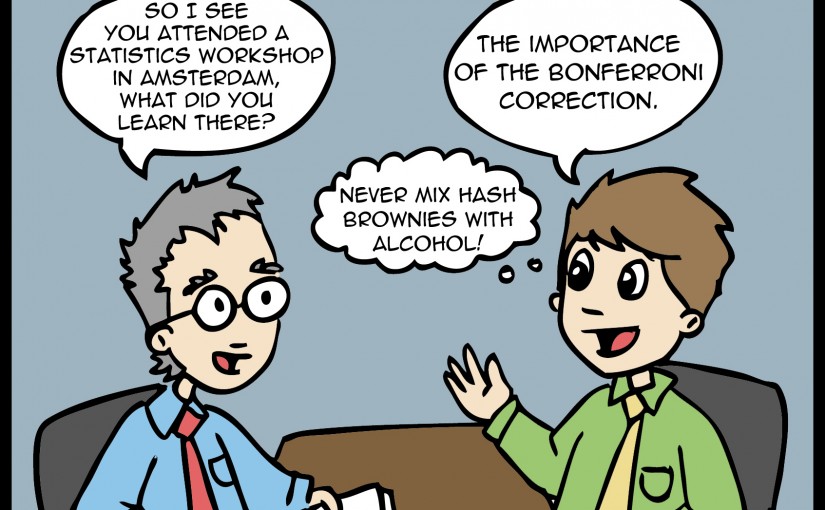Something that a lot of students miss out on is the opportunity to go and learn new techniques outside their institute or university. The main way to do this is to go to workshops which specialise in teaching specific procedures and can last a day or several weeks. As these take place all over Europe, America and outside, this is also a good way to see new places and make new connections.
Putting these courses on your CV shows that you are motivated and more importantly that you have experience with more techniques and procedures.
It is a mistake to think that putting your head down and getting lots of data will definitely carry you through your degree. That is putting all your eggs in one basket, and science makes for some notoriously unreliable weaves. Learn things, enter competitions, and show yourself as a well-rounded individual to increase your chances of success.
Get Practical Tips- Actively search for the courses and conferences you want to attend. Be proactive and email the organisers; you may find they are willing to help fund your travel, or waive the entry fee. Don’t wait to be told about things or you may miss out.
- Courses teaching statistics and graphics programs are good ones to attend because they will be important for writing up your papers, theses, and dissertations; and learning them as you write up can be very stressful.
- Your university probably has a list of approaching events. This is a great source of cheap and free activities so make sure you know where it is. Ask the administrative staff if you don’t know.
- Don’t dismiss university emails as they may contain opportunities to do these courses.
- Look for competitions for students and enter as many as you can. You can put them in the awards section of your CV.
- If there is a procedure you are interested in learning, google it.
- You could also email other labs and ask if you could do some work for them in order to learn new techniques, or find placements in labs the other side of the globe.
- You can also do placements in industry. Some techniques which are too expensive to be done frequently in most labs are routine in industry. Ask around who has connections with industry and see if you can make contact, especially if your goal is to go into industry after you graduate.
- If you are interested in industry and this is not your final degree, then you could look for a project with industry connections for your next one.
Read Personal Perspective
I had a great time with my degree, but I didn’t do much of this. It was only as I was finishing that a few of my younger friends started going all over the world. They went to Amsterdam, Japan, China, Croatia, Spain, America, and more, whilst I never left the country. Worse, most of these trips were completely free. If, like me, you are not a particularly organised person, it is really worth the extra effort to look into doing a few of these trips.
Aside from experiencing other places and things, these courses show potential employers that you are enthusiastic about learning and are active at pursuing it.
